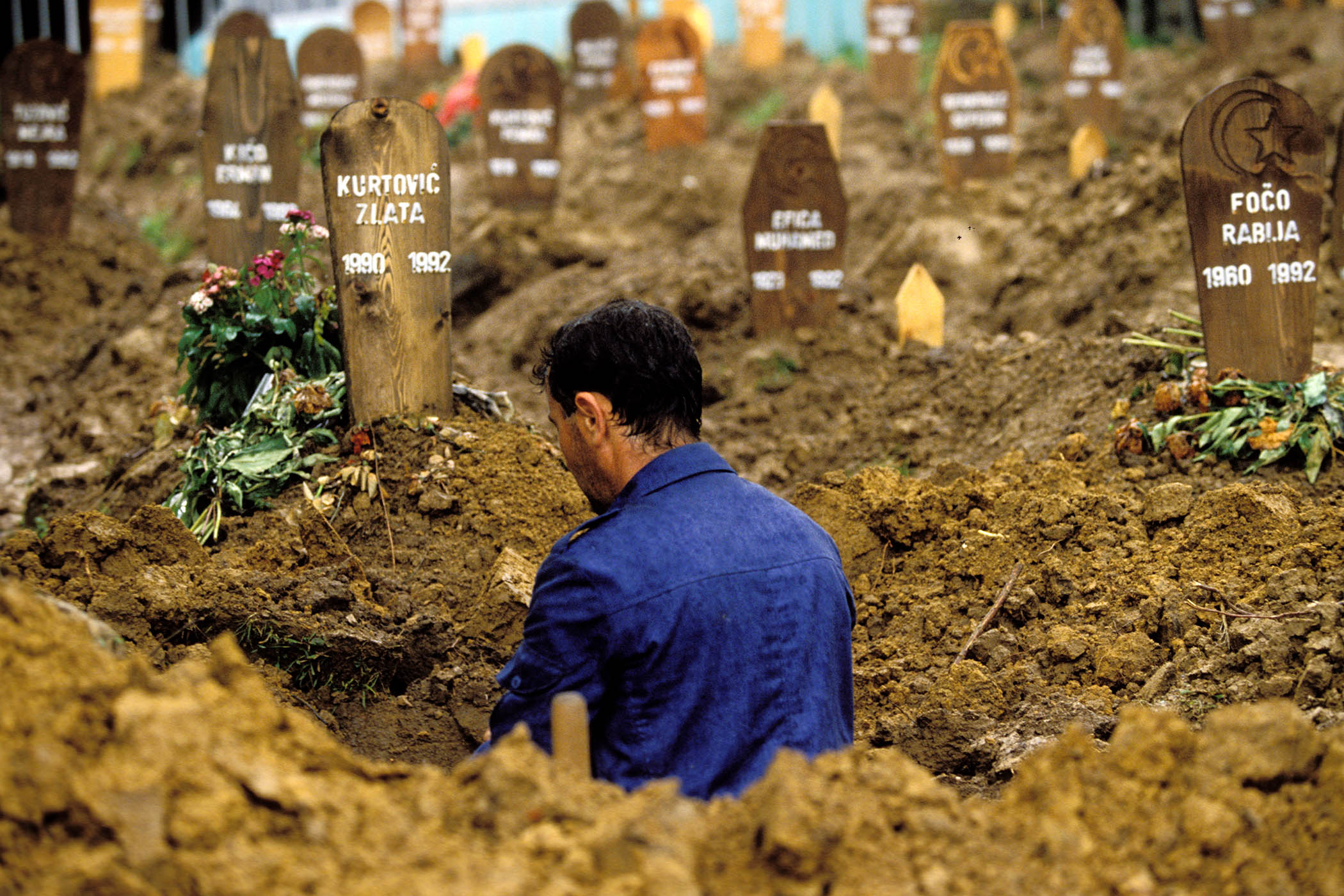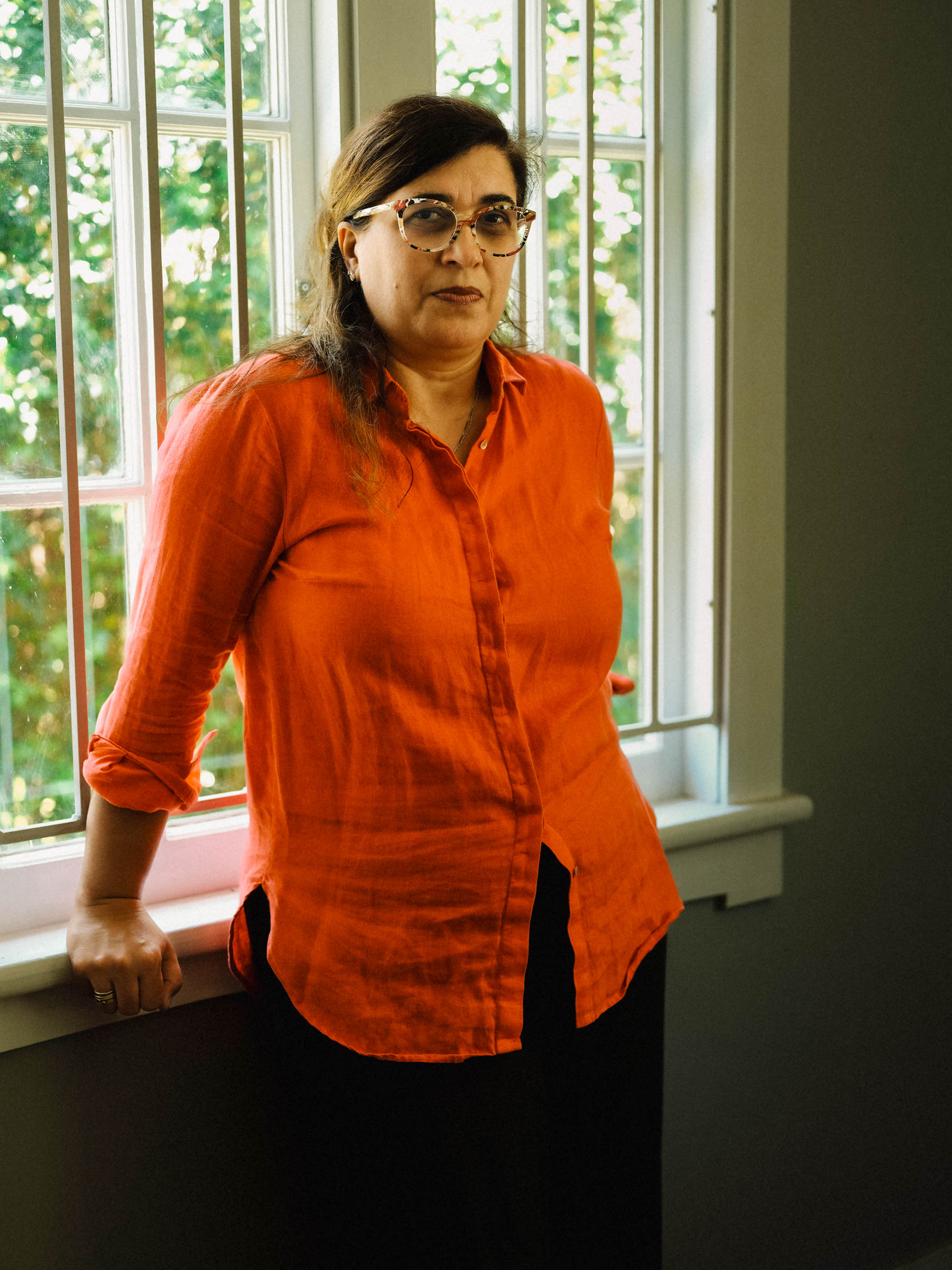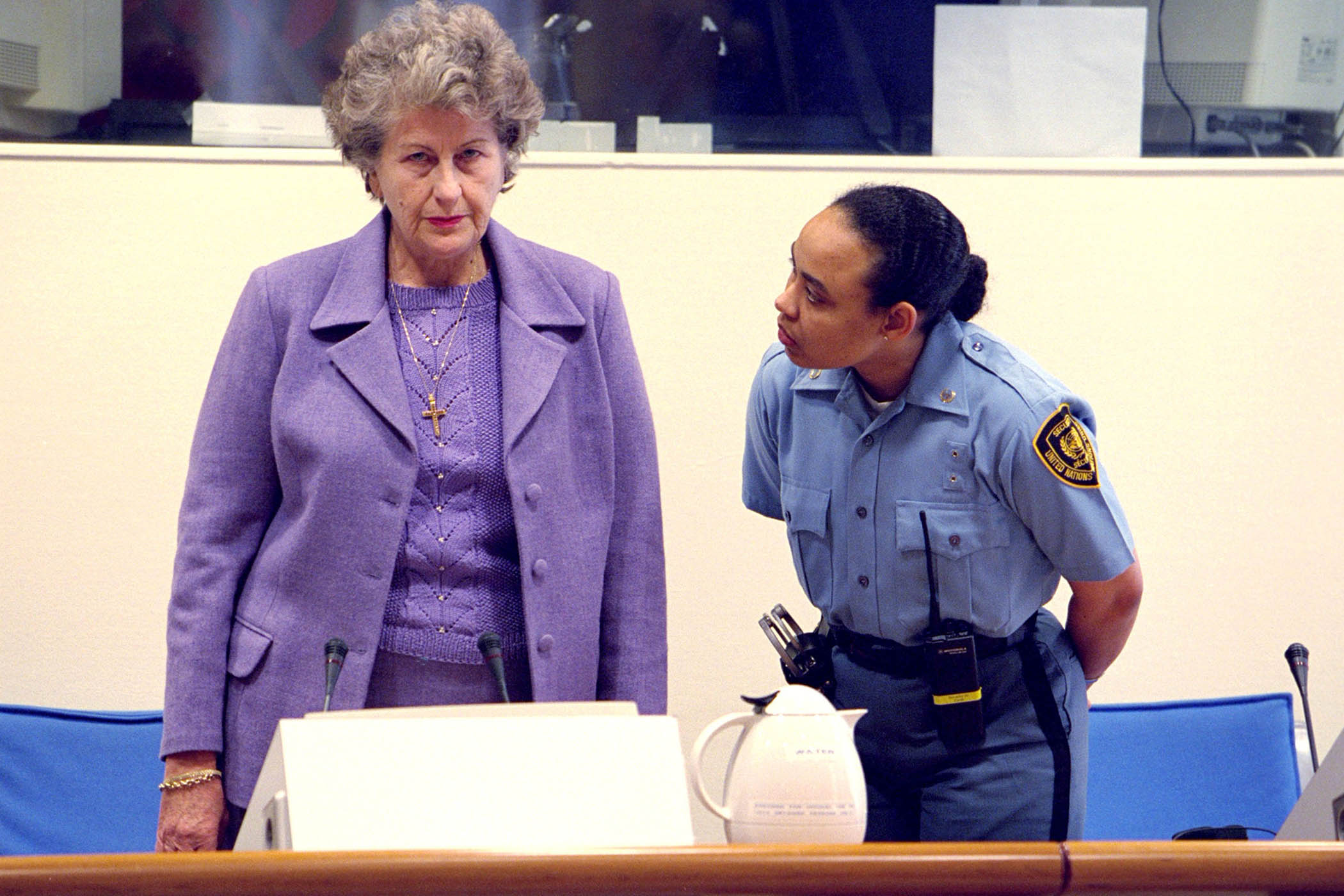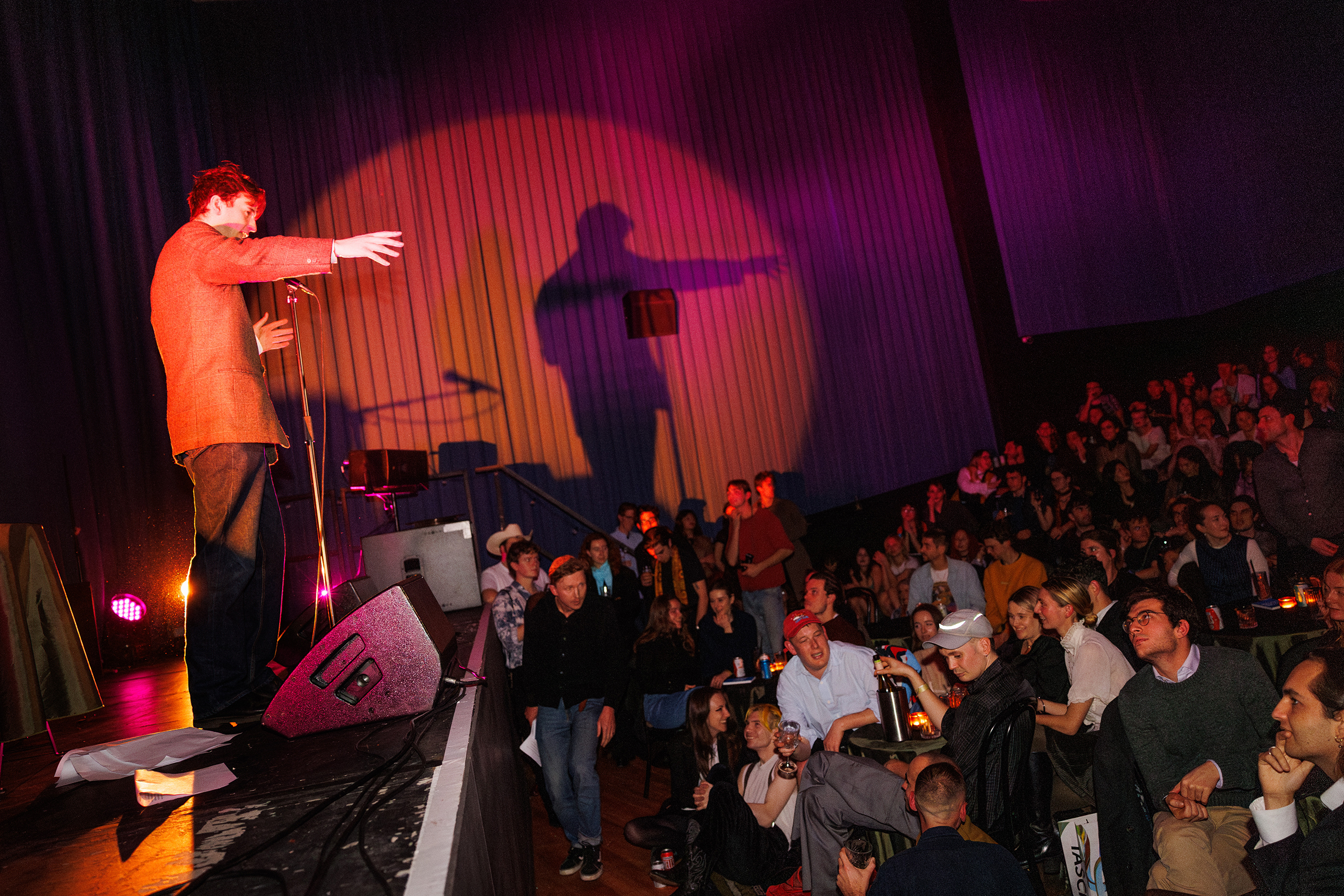In October 2002, Biljana Plavšić, biologist and former president of Republika Srpska, made history. The “Iron Lady of the Balkans”, as Madeleine Albright called her, was judged by the international criminal tribunal for the former Yugoslavia (ICTY) to be guilty of persecution – a crime against humanity. Plavšić became the first woman ever to be convicted by an international criminal tribunal.
Plavšić had pleaded guilty to a single charge, persecuting Muslims and Croats and other non-Serbs across Bosnia and Herzegovina (BH). She embraced a brutal campaign of ethnic separation that caused thousands of deaths and expulsions, invited Serb paramilitaries into her territory, and called for force to be employed against non-Serbs. As part of a plea deal, prosecutors dropped seven other war crimes charges, including two counts of genocide.
She was sentenced to 11 years imprisonment, a term that was reduced because the tribunal thought she had genuinely recognised the gravity of her crimes, accepted responsibility, and expressed remorse. Plavšić contributed to “truth and a significant effort toward the advancement of reconciliation”, the prosecution conceded. After seven years in a Swedish jail cell, she returned to Serbia. Today, the former Fulbright scholar resides quietly in a suburb of Belgrade, where she is celebrated as a war hero.
Born in 1930, Plavšić grew up in Sarajevo, nourished by the legend of Gavrilo Princip, the Bosnian Serb student who assassinated Archduke Franz Ferdinand in Sarajevo in June 1914. He was a family member and “considered a saint” in Plavšić’s grandfather’s house. In 1941, as an 11-year-old, she reported witnessing crimes against her and fellow Serb citizens after the Nazis occupied Yugoslavia and Bosnia fell under control of the pro-Nazi independent state of Croatia. In the early 1990s, following the death of President Josip Tito, Yugoslavia fell apart as its different constituent elements and religious and other communities erupted into a vicious civil war. Plavšić would come to believe that 1991 was a continuation of 1941: crimes were once again being committed by Croats against Serbs and they were, in her view, the first victims of the conflict and entitled to act to protect themselves.
Plavšić’s tale is emblematic of a broader truth across the region. I first learned of it a decade ago, when I met Olivera Simić during an Australian tour of my book East West Street, an exploration of the origins of genocide and crimes against humanity. Simić is a legal scholar at Griffiths University, and has written widely on international crimes and matters of gender. Born in Banja Luka in 1973 – today in Republika Srpska, one of the three political divisions of BH – Simić fled in 1991, after her father warned her: “Sarajevo will burn next year.” She now lives in Brisbane with her son, while her partner – her childhood sweetheart – lives in the Netherlands. “It’s a nice love story,” she says, “but also a war story.” She is a child of the brutal Yugoslav civil war, and that gives her a special perspective.
When we first met, Simić spoke of her interest in intelligent, educated and apparently decent folk who became embroiled in mass murder. Plavšić was one such person. “My aunt was her friend, [who] said Plavšić was wonderful, and introduced me.” They stayed in touch and developed a relationship of trust, with roots in the same community. Over several years they met for many hours, and those conversations form the basis of Simić’s compelling new book, Madam War Criminal. Far more than the painful tale of a “blue-eyed blonde” scientist (as she was sometimes described) who became a leader, it’s a far-reaching, powerful and personal account of the history of the region from a Bosnian Serb perspective – one that poses fundamental questions about the nature of justice and the effectiveness of international courts.
Simić follows in the footsteps of Gitta Sereny, whose genre-creating Albert Speer: His Battle With Truth was published in 1995. “Plavšić often mentioned Speer,” Simić told me, “and read lots about the Nazis.” Some say Sereny fell in love with Speer, I say. “That’s what I worry about!” she retorts, “as I started to see [Plavšić] as a human being, not just as a war criminal.”

Above: man digs a child’s grave in a Sarajevo cemetery during the Bosnian War; lead picture: Biljana Plavšić at the ICTY in the Hague, January 2001.
Writing the book posed profound challenges for Simić, not least because writer and subject were connected by community. Simić’s previous books – such as Lola’s War, about a Bosnian woman’s search for justice after being raped during the conflict – brought threats. As steely and fearless as she is, she expects more from this one: it’s a hazard of the trade and the region, she says, but one she confronts with eyes wide open. Previously, she’d been more interested in victims than perpetrators, she says, maybe because of her own trauma, but her aunt’s friendship piqued an interest. “I was in Bosnia at the start of the war, so I knew Plavšić’s face, that of a rightwing nationalist, which I didn’t like.” Her mother didn’t like her either, the “ultra-nationalist” who incited young men to go to war, including Simić’s brother. “Now my mother’s kind of fond of her,” she says, while her father oscillates. “First he said she was a traitor, because she confessed and expressed remorse, but after she retracted he felt more positive.”
Related articles:
Soon after Plavšić was indicted by the ICTY, in 2000, she voluntarily surrendered. Transferred to the Hague, she regularly called Simić’s aunt. “I started to think: maybe I could talk with her; a perpetrator I could get access to.”
What interested her so much about Plavšić? “She was a woman, although that wasn’t the main thing. She’s been president, she was prosecuted, she was my aunt’s friend.” Simić had “ethical concerns” about whether her aunt’s friendship might limit her independence. She worried too about how her closest family would react, and the consequences of Plavšić having become a local hero in a Serbia where nationalist feelings – and a continuing anger about the perceived injustices wrought by the ICTY – run high. “She gets fan mail, hundreds of letters,” which she shared with Simić. They made for unsettling reading.
Newsletters
Choose the newsletters you want to receive
View more
For information about how The Observer protects your data, read our Privacy Policy
Visiting Plavšić was sometimes uncomfortable for Simić. “The war marked me, and now I find myself sitting with her, almost in a state of shock, talking to someone who masterminded so much and basically destroyed our lives.” The book is peppered with Plavšić’s own damning words. “Some things happened during the [Bosnian] war, for example, ethnic cleansing,” she said to Simić. “They [the ICTY] think that it is something terrible. I can freely say I did not pay attention to that at all. Simply, I did not care much about it. I had been ethnically cleansed together with my family. So what? I was happy that we were all alive.”
‘I found it very funny, the term remorse,’ Plavšić told her. ‘That was not remorse. I was never remorseful’
‘I found it very funny, the term remorse,’ Plavšić told her. ‘That was not remorse. I was never remorseful’
Beyond ethnic cleansing, the ICTY made far-reaching findings of fact. Despite a UN Security Council resolution declaring that the besieged enclave at Srebrenica was to be “free from armed attack or any other hostile act”, units of the Bosnian Serb army captured the town, transported about 25,000 Bosnian Muslims into Bosnian Muslim-held territory, while consigning about 8,000 men to a camp where they would later be executed. This act of mass murder, the worst in Europe since the second world war, was determined to be genocide.
Was Plavšić a mastermind, or a willing accomplice? “Not an accomplice,” Simić says briskly. The ICTY judgment recorded her actions: ignoring allegations of crimes committed by Bosnian Serb forces, disregarding reports of widespread ethnic cleansing, and publicly rationalising and justifying those actions. “She knew what she was doing, and has not changed any of her views about Muslims.” The ICTY homed in on her deeply derogatory words, describing Bosnian Muslims as “deformed genetic material that embraced Islam”, and calling for the cleansing of eastern Bosnia. Her views have not changed an iota, it turns out, as Simić records with crystal clarity: “It is impossible to live with them,” Plavšić told her in 2023. “Serbs and Muslims are like fire and water; they cannot and should not mix.”
After she returned to Belgrade, Plavšić retracted any expression of regret or remorse. This deeply bothers Simić, who describes Plavšić’s laughter when they discuss it. “I found it very funny, the term remorse,” Plavšić told her. “That was not remorse, please, not at all. I was never remorseful.” No, Plavšić explained, she pleaded guilty to avoid other charges and a long trial. Once free, she denied having committed any crimes and reverted to a full nationalist position – and this was one reason Simić has written the book. The plea bargain, which “makes a mockery of justice”, was done to escape a genocide charge. “I wanted people to know that this woman came out of jail, having been prosecuted for ethnic cleansing and crimes against humanity, and now sits comfortably at home, 30 years later, denying any crimes.”
Today, Plavšić is treated as a hero. “The paradox is she had to deny the crimes, because if she didn’t, she would be ostracised. In the Balkans, if you apologise for what you have done you are shunned, but if you deny your crimes you are rehabilitated.” In other words, Plavšić had to retract her statement of remorse “to survive in that environment”.
I ask Simić if this represents a failure of international justice. “If the aim was reconciliation, the justice system has failed.”
The prosecutions and convictions are symbolically important, she believes, but the consequences are unintended. “A handful of people, 90 or so, were convicted, and out of the 70 or so released, maybe 20 to 25 are active in political life in Serbia, regarded as heroes.” She pauses. “Kids read about Ratko Mladić and Radovan Karadžić [the Serb Republic’s army commander and its wartime president] as heroes in school textbooks.”

Olivera Simić photographed in her home in Brisbane by Tajette O’Halloran for The Observer.
Simić was somewhat hopeful up until 2008, when the perpetrators returned from jail. Belgrade welcomed Plavšić with a red carpet and TV interviews. “In the past five years the revisionism has been incredible,” she says. “Some of these people even teach at military academies, because it is said they know how to run a war.” Mladić, imprisoned for life for his role in the Srebrenica massacre, “is seen as a hero not a genocidaire”, including by Plavšić. “She loves him, thinks he’s amazing, just doesn’t know what he was doing in Srebrenica.”
Writing the book has had a profound effect on Simić. “I worry that I will be seen as an apologist for Plavšić. I reproduced what Plavšić said to me, but the problem is that things she says are not strictly true: there are lies.” The reader will understand that, I say. She isn’t reassured. “I constantly asked myself: why am I doing this? Most people don’t understand. ‘How can you sit with such a person and talk?’ they say.”
Plavšić’s views, Simić says, “shaped historical events, and it’s our responsibility to understand how those views developed, and how they fell on so many receptive ears. I wanted to be careful, to show that I am not complicit in what some Serbs have done, and I am conscious – with my own [Bosnian Serb] identity – of a feeling of collective guilt, so I have to say: ‘I am not a part of this.’”
And what about her identity as a woman? “I have been judged on that as well,” Simić says. “‘Why write about a female perpetrator?’ some feminist scholars have said. I’ve been attacked because I am writing negatively about a woman!”
As a scholar, Simić believes Plavšić’s case is emblematic, one that tells a bigger story.
“I’ve been looking for parallels; I can’t find them. In Germany, after the [Nuremberg] trials, there was denial. But you never had Nazis on TV, being celebrated, or celebrating the holocaust.”
Madam War Criminal: Biljana Plavšić, Serbia’s Iron Lady by Olivera Simić is published by Hurst (£25). Order a copy from The Observer Shop for £22.50. Delivery charges may apply
Photographs by Raphael Gaillarde/Gamma-Rapho via Getty Images, Jon Jones, Tajette O’Halloran/The Observer



